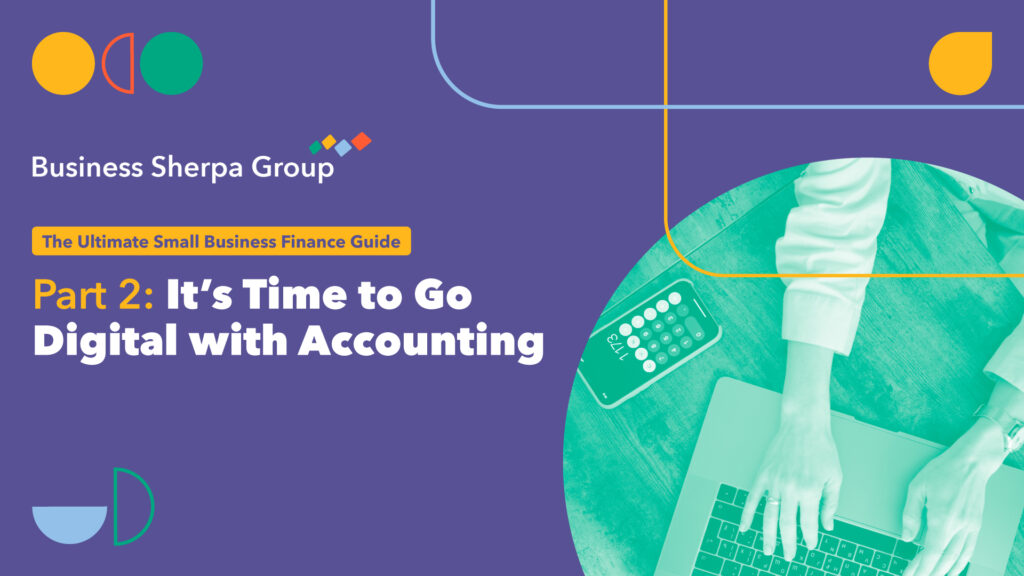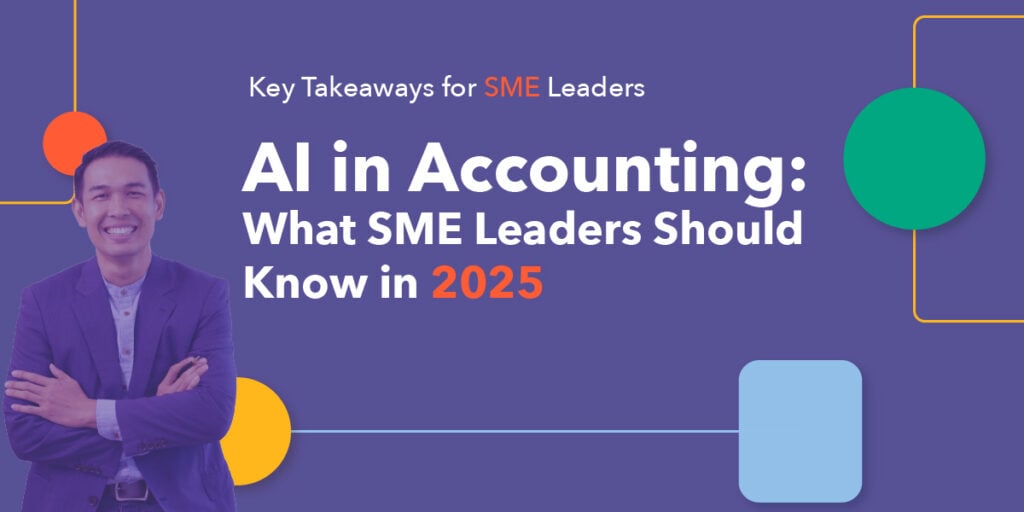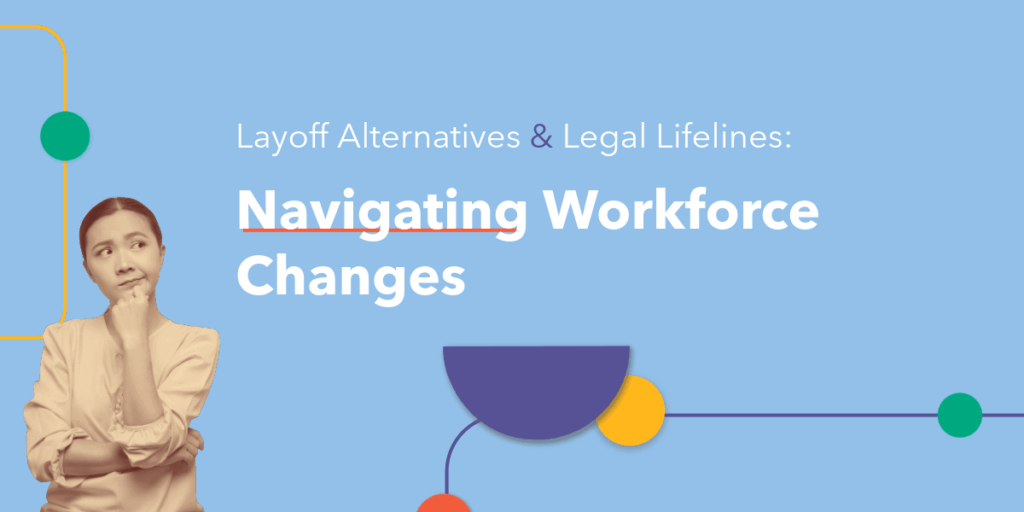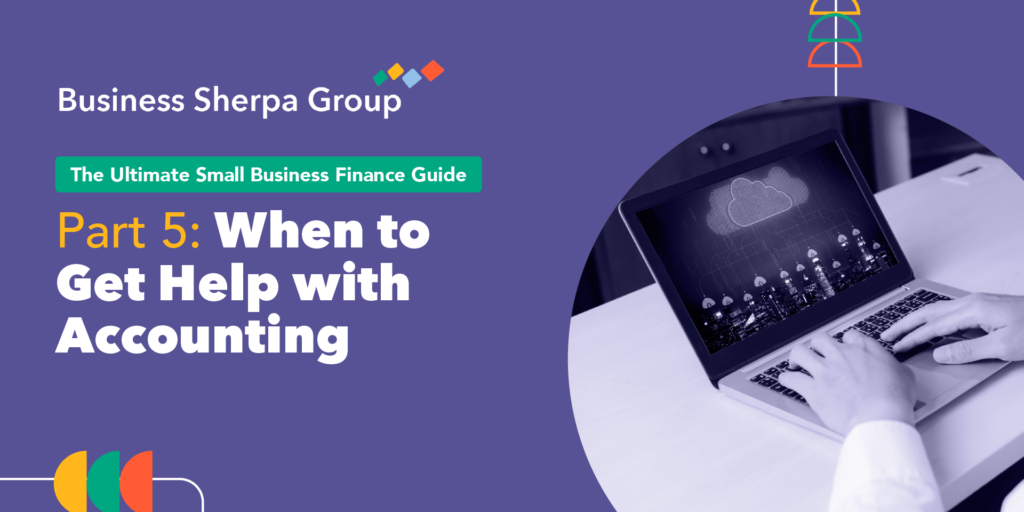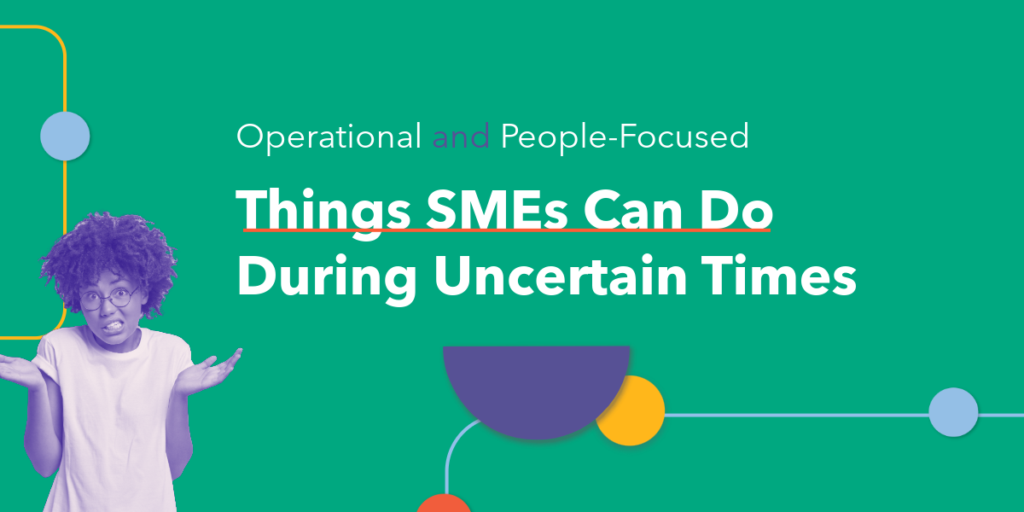Integrating new technology into business workflows should be straightforward, but effectiveness depends on a smart strategy. Rapid technological evolution, accelerated by the pandemic’s push towards remote work, makes advanced tech essential for competitive businesses.
In finance and accounting, tech adoption is the means to overcome limits of outdated manual systems. While it requires time and may demand new working methods from teams, the long-term benefits typically surpass the initial effort and cost. Carefully choosing from the plethora of available finance tech options will ensure smooth integration with your existing processes.
What is Digital Accounting?
Digital accounting uses electronic platforms and software to manage and process financial data and transactions. This modern approach to accounting leverages technology to automate routine tasks, enhance accuracy, and provide timely financial information. It encompasses a range of tools and applications that facilitate various aspects of financial management, from invoicing and payroll to reporting and analysis. Digital accounting streamlines traditional accounting methods, reducing the reliance on paper records and manual data entry, offering businesses of all sizes a more efficient, accessible, and scalable way to handle their finances.
What Is Cloud-Based Accounting?
You’ve probably heard the term “in the cloud” for data storage, but it might not be entirely clear what that means when it comes to accounting. Cloud-based accounting refers to accounting software hosted on remote servers, providing data storage and processing in the “cloud.” This approach allows users to access their accounting tools and records online rather than using software installed on a specific on-site computer. The key advantages of cloud-based accounting include real-time updates, scalability, enhanced collaboration, and accessibility from anywhere with an internet connection. Additionally, cloud-based solutions often come with robust security measures, regular backups, and disaster recovery options, ensuring data integrity and reducing the risk of data loss.
The Value of Digitizing Your Finance Function
Melding digital and cloud-based accounting is an excellent way for smaller organizations to build a modern, efficient finance functions. Smaller businesses are well placed to do this thanks to their ability to be nimble, and the automating and streamlining of time-consuming manual tasks allows teams to focus on more strategic activities.
However, due to financial data sensitivity, there’s often a hesitance to overhaul accounting methods, leading some to half-implement automation without seizing its full potential. Carefully integrating technology into financial operations is critical—it provides accountants with instant insights, supporting better business growth and strategic financial planning, while enabling your team to focus on more valuable and needed tasks.
Properly Leveraging Technology
Your accounting systems must integrate seamlessly to ensure smooth data flow. With the abundance of accounting tools, finding a solution that matches your organization’s unique processes is unlikely. Multiple tools are typically necessary to digitalize financial operations, highlighting integration’s importance. The aim is to circulate accurate information within your systems, grounding financial transactions in reliable data tailored to your business requirements.
To give you an idea, in our digital finance function, at BSG we leverage a variety of system types:
- Online banking
- An online accounting software (connected to our online banking)
- A document and receipt management software (that feeds directly into the accounting software)
- A Professional Service Automation software that enables automated time tracking, expense tracking, invoicing, and reporting (which talks directly to our online accounting software, which reconciles against the document management software.)
Integrating People, Process, and Technology for Digital Success in Finance
In every business’ journey towards digital excellence, particularly within finance and accounting, it’s imperative to understand that technology is merely one piece of the puzzle. The advent of digital and cloud-based accounting has revolutionized how businesses manage their financial operations, offering unprecedented efficiency and insight. Yet, the ultimate success of integrating these new technologies hinges on a holistic approach that equally values People, Processes, and Technology.
People–The Heart of Digital Transformation: Transitioning to a digital finance function goes beyond just swapping old software for new ones. It involves a fundamental shift in how teams operate, highlighting the need for skilled professionals who can navigate the financial landscape and the digital toolkit. They are invaluable for their ability to leverage technology and critical thinking, ensuring adaptability and resilience in the face of change. Contrary to what many think, the human element remains irreplaceable, serving as the cornerstone of any successful digital strategy.
Process–Streamlining for Efficiency and Insight: Equally critical to the technology itself is the reevaluation and streamlining of processes to align with new digital capabilities. This includes redefining workflows to capitalize on automation, ensuring data accuracy, and facilitating real-time insight into financial health. However, it’s crucial to maintain a balance, incorporating human oversight to mitigate risks and sustain the integrity of financial reporting. Therefore, while technology can enhance processes, the synergy between automated solutions and human diligence is where true efficiency is realized.
Technology–Enabling Scalability and Collaboration: Your organization’s specific needs and goals should drive the selection and implementation of technology. Cloud-based accounting platforms stand out for their ability to provide real-time data, scalability, and collaborative opportunities, breaking down traditional barriers of access and communication. Yet, the choice of tools must be informed by a comprehensive understanding of your existing processes and your team members’ roles, ensuring seamless integration and maximization of both human and digital resources.
Creating a Cohesive Ecosystem: Fusing People, Process, and Technology into a cohesive digital strategy transforms challenges into opportunities. For SMEs, this means not simply adopting new tools but fostering a culture that embraces change, values learning, and prioritizes the strategic alignment of technology with business goals. It’s about creating a resilient framework that supports growth, enhances decision-making, and secures a competitive edge in a rapidly evolving digital landscape.
Getting Started
Here are phases to consider working through Implementing a digitized finance function:
- Phase 1: Planning, Designing, Changing: Identifying complex or manual processes indicates where digitization can streamline work, especially in areas awaiting input or automation.
- Phase 2: Cloud-Based Accounting System: Streamline accounting with cloud systems, emphasizing staff training and smoother workflows. This enables accountants to offer better insights.
- Phase 3: Document Collection, Processing, and Management: Accountants often face time-consuming tasks with data entry and document management, particularly during month-end reconciliation.
Considering user ease, evaluate your accounting processes to integrate compatible, efficient software.
- Phase 4: Bill Payment Processing: streamline your finances with secure, quick digital payments and seamless accounting integration.
If you’re ready to explore the transformative impact of cloud accounting on your business operations, consider taking the next step. Schedule a consultation to discover how expert guidance can tailor a cloud accounting solution that fits your unique business needs and goals.

